Storylane vs Supademo vs Hexus: Which Interactive Demo Tool is Best?
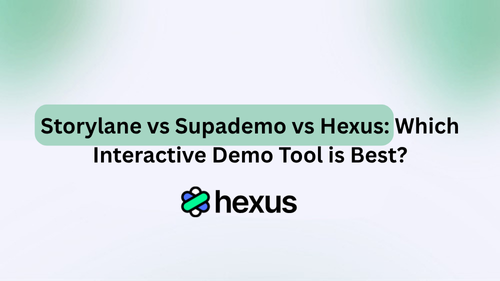
Interactive demos have become part of the manner in which SaaS and technology companies offer their products. Instead of just listening about features or watching a video, potential consumers are able to test drive the product, click through its functionality, and see how it performs in actuality. The experiential aspect leads individuals to understand the value proposition of the product much faster and has a tendency to make the sales cycle easier due to prospects already being informed.
Not all interactive demo tools are created equal, however. The ideal tool for your business will vary based on whether you have a large or small team, how much budget you have, and what it is that you're trying to accomplish. Some tools suit smaller teams or startups better than others, and some are designed for sales-oriented companies with enterprise-sized requirements.
In this blog, we’ll compare three popular interactive demo tools — Storylane, Supademo, and Hexus — and break down their features, pricing, and ideal use cases. By the end, you’ll have a clear idea of which tool fits your team and goals best.
Why Interactive Demos Matter in 2025?
Today's customers do not want to just watch a video about a product — they want to try it out themselves. Interactive demos enable them to explore features, walk through workflows, and realize tangible value in the moment. Having interactive demos can help your company in many ways:
- Faster product understanding: Buyers know how your product works without needing a sales call.
- Higher conversion rates: Engaged prospects are more likely to convert.
- Sales team lead capture: Rich contact information captured automatically.
- Faster onboarding: New users pick up faster, with less training time.
When choosing interactive demo software, the following are the most important features to look for:
- Demo type: Will it handle clickable HTML demos or simply screenshot/video tours?
- Personalization: Can you add custom names, variables, or branching paths for a customized experience?
- Distribution: Do you have the capability to distribute demos via links, embeds, or demo hubs?
- Analytics & integrations: Does it integrate with CRMs and marketing platforms to track engagement?
- Security: Does it follow enterprise standards like SOC 2, SSO, or other compliance standards?
- Pricing: Is the cost reasonable per seat, and does it support the number of monthly views your team needs?
Quick Comparison Table
1. Hexus Overview
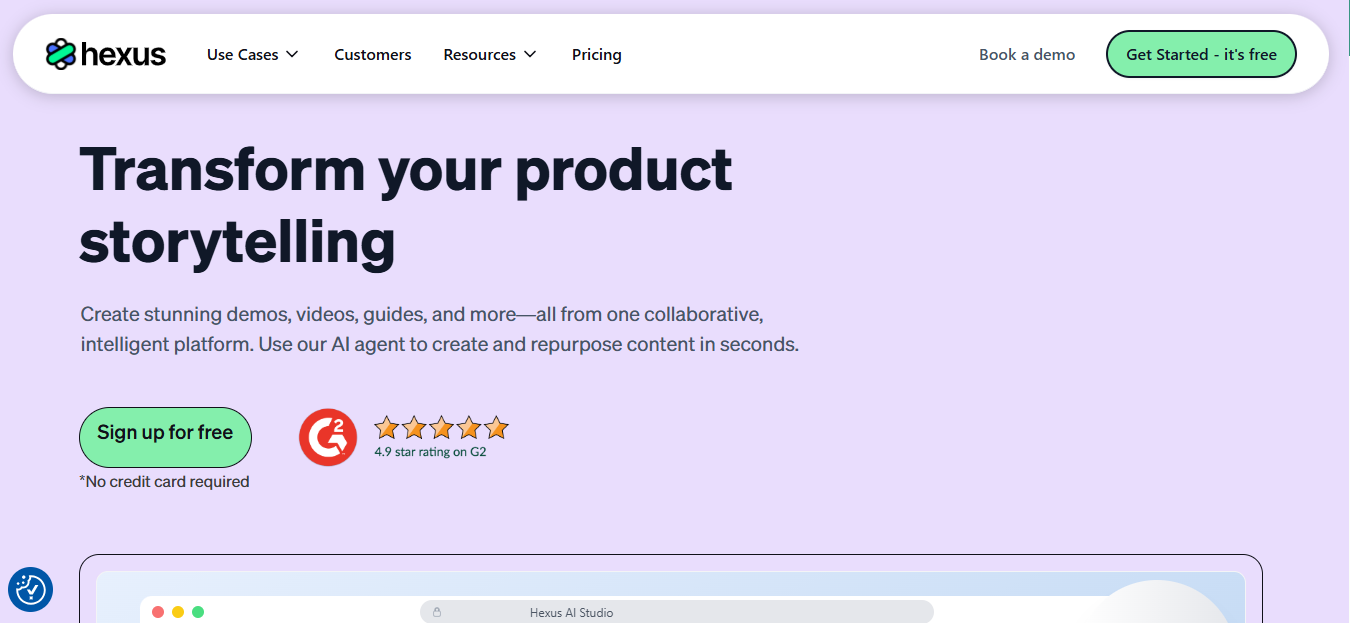
Hexus is a powerful platform for teams who need to design interactive demos, AI-narrated videos, and documentation all in one place. Its core features are:
- Interactive HTML demos: Clickable demos that mimic the real product.
- AI voiceovers and avatars: Automatically add narration and virtual presenters.
- Auto-refresh screens: Update demos as your product evolves.
- Custom domain and branding (Growth+): Share demos with your brand look and feel.
- Security: SOC 2 Type II compliance and SSO for enterprise-ready protection.
Hexus Pros and Cons:

Pricing:
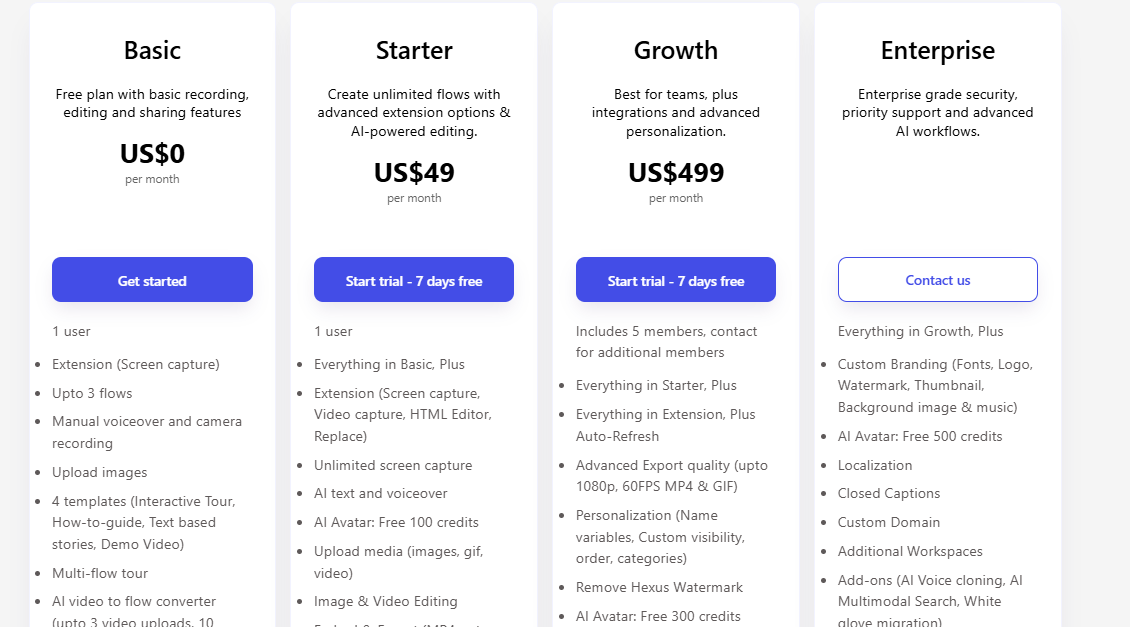
Best For: Organizations looking for demos in addition to AI videos and documentation within one platform, along with strong security and branding features.
To see Hexus in action or start creating your own interactive demos, visit the official Hexus website
2. Storylane Overview
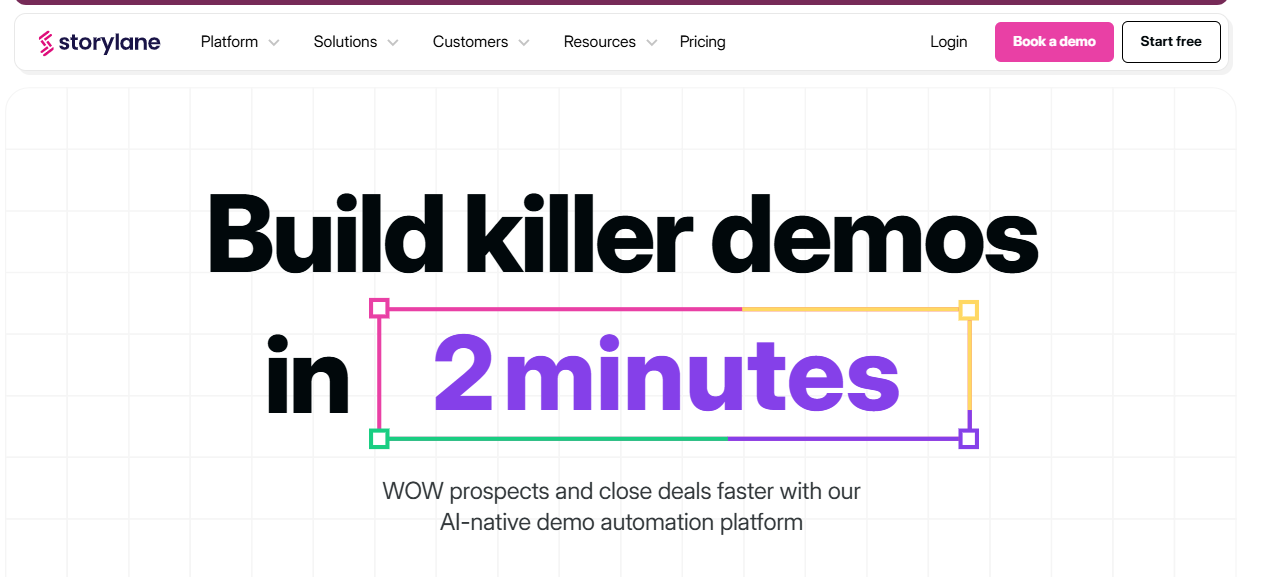
Storylane is a great choice for teams that carry out sales-led demos. It's designed to help sales teams show products in a professional, interactive way. The main features include:
- Hosted HTML demos with automatic update: Create click-based demos identical to the real product, and automatically update them when your product changes.
- Screenshot demos: Best for simpler flows or quick walkthroughs.
- Buyer Hub: Enables you to bundle multiple demos in one location for prospects so it's easy to share an end-to-end deal experience.
- Integrations: Integrates with popular tools like HubSpot, Salesforce, Marketo, Slack, and Zapier to track leads and engagement.
- Security: Offers SSO and other enterprise-level security features.
Pricing:
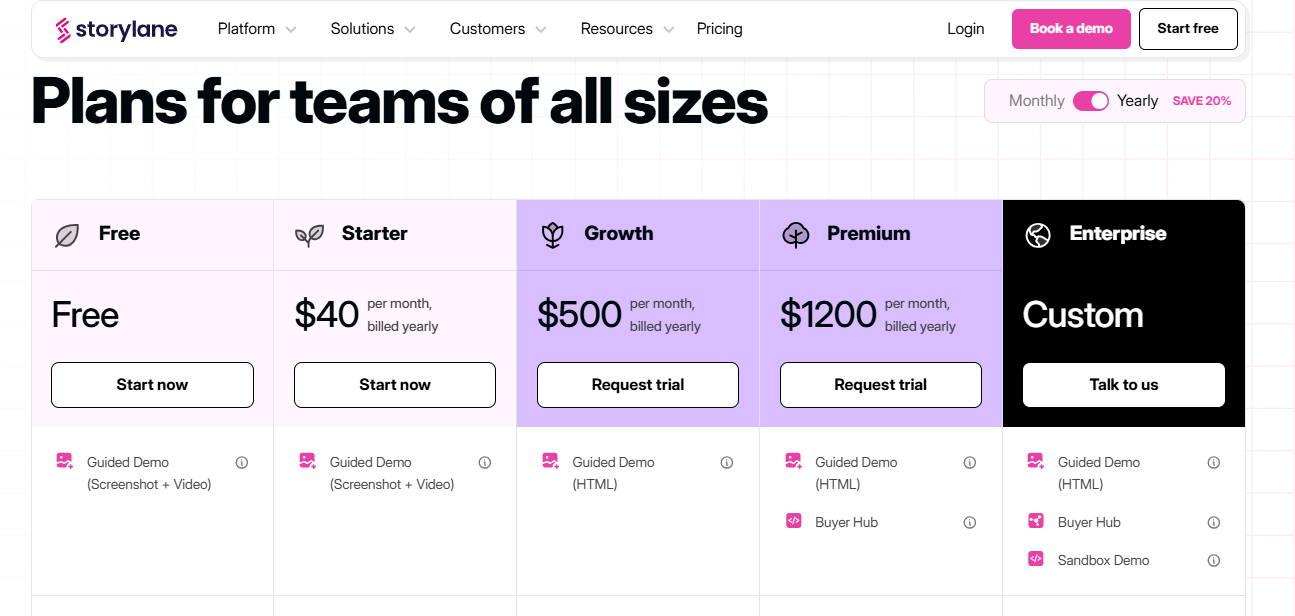
Best For: Teams seeking refined demos, CRM-ready analysis, and features that facilitate sales enablement.
3. Supademo Overview
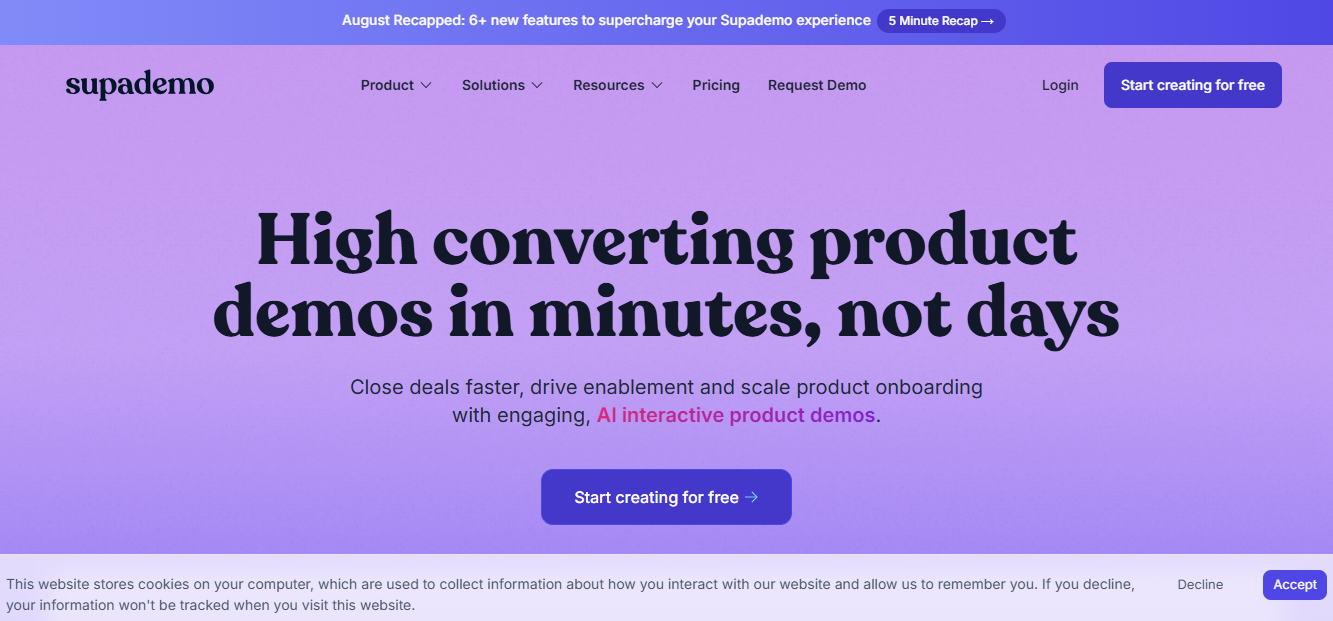
Supademo is optimized for speed and ease and is ideal for startups or small teams who have to create interactive demos on a tight schedule. Some of its key features are:
- Branching: Viewers can control their own path through the demo for a personalized experience.
- HTML and screenshot/video demos: Enable you to create clickable demos or simple walkthroughs.
- Showcases: Bundle several demos together into one link for easy sharing.
- Dynamic personalization variables: Personalize demos for different users or accounts.
- Security: SOC 2 Type 2 compliance offers enterprise-level data security.
Superdemo Pros and Cons:

Pricing:
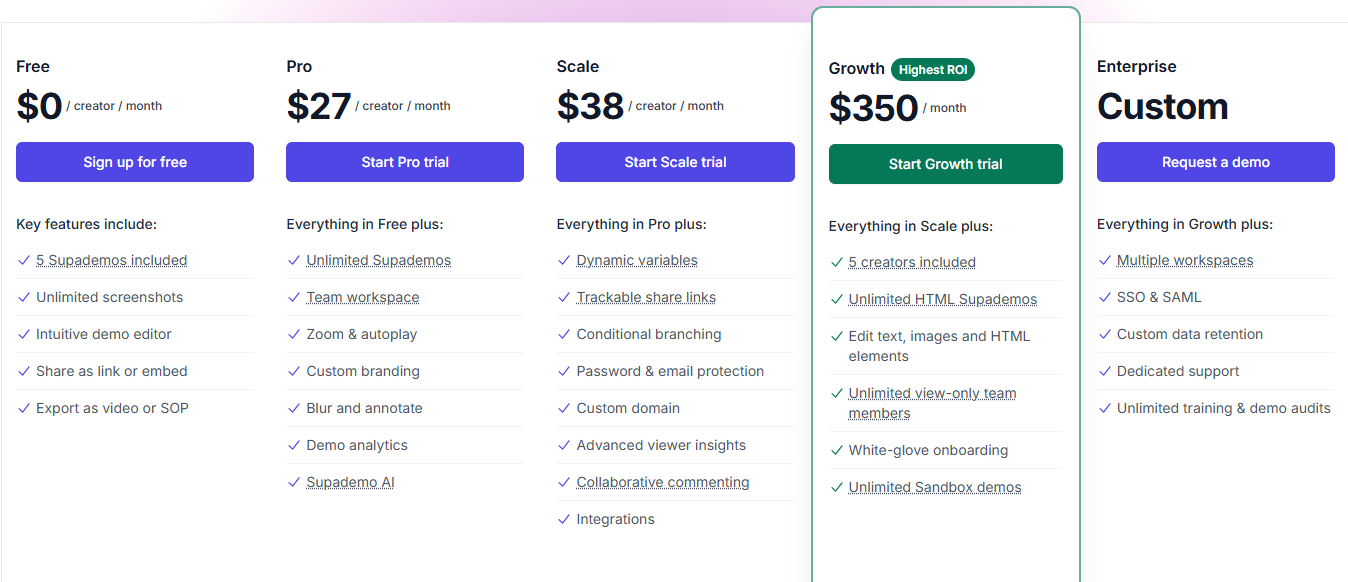
Best For: Startups, product marketing managers (PMMs), and customer success (CS) teams who require fast, easy-to-create demos with branching paths at a good price.
Key Features Compared
When choosing an interactive demo tool, you do not want to simply think about the bare essentials. Here is a full feature comparison between Storylane, Supademo, and Hexus, so you can see which tool is right for your team.
1. Demo Formation
- Storylane: HTML + screenshot demos that auto-update for easy maintenance.
- Supademo: HTML + screenshot or video demos that also do branching paths for personalized flows.
- Hexus: HTML + screenshot or video demos, with AI voiceovers and auto-refresh to keep all screens updated.
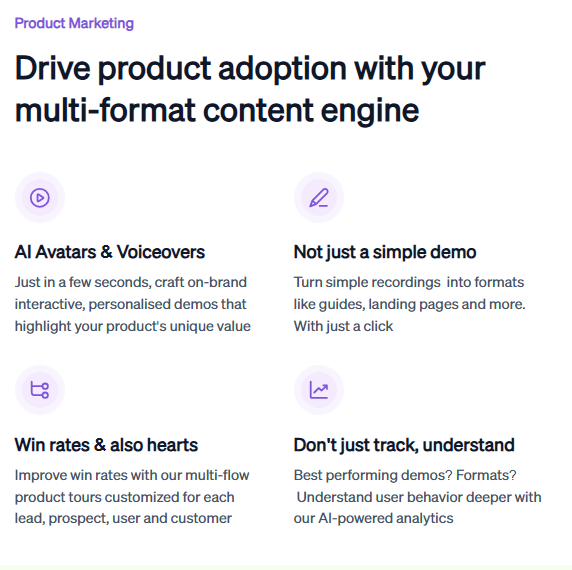
2. Multi-Demo Hubs
- Storylane buyers hub (super premium): Bundles multiple demos in one place.
- Supademo showcases (built-in): Group multiple demos into a single link.
- Hexus-branded embeds and custom domain for classy look.
3. Personalization
- Storylane: Custom tokens and lead capture forms.
- Supademo: Dynamic variables and conditional branching.
- Hexus: Advanced personalization and branding options.
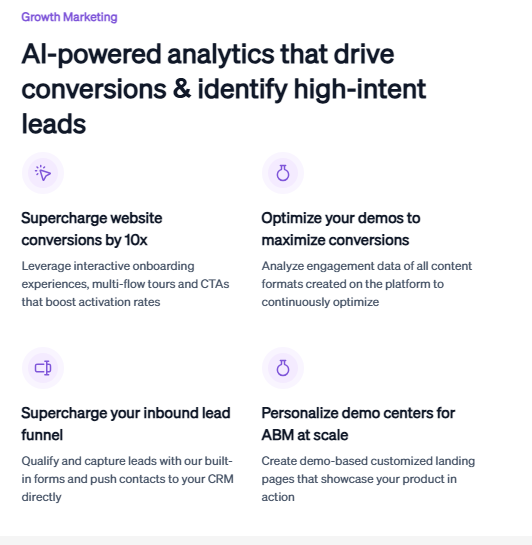
4. Integrations
- Storylane: All CRM and marketing stack (HubSpot, Salesforce, Marketo, Slack, Zapier).
- Supademo: Covers essentials (HubSpot, Salesforce, Zapier).
- Hexus: Integrates with HubSpot, Zapier, Slack, and Wistia.
5. Security
- Storylane: SSO and enterprise-ready protections.
- Supademo: SOC 2 Type 2 certified.
- Hexus: SOC 2 Type II + SSO for enterprise-level security.
G2 Reviews
Let's have a look at what users said about each platform
Hexus:
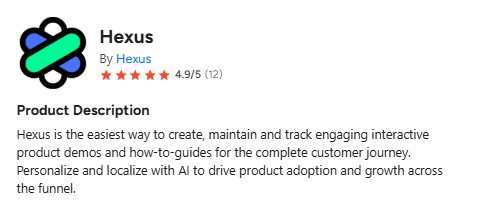
Storylane:

Supademo:
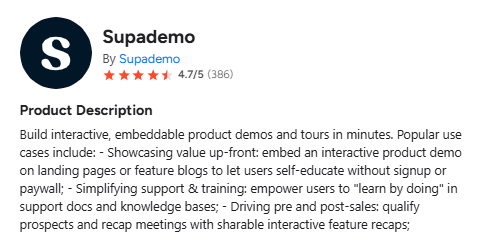
YouTube Review/Demo:
Hexus:
Storylane:
Supademo:
Which one is best for your organization?
- Storylane: Perfect for enterprise sales teams who need high-fidelity demos and deal rooms.
- Supademo: Perfect for startups and small teams who need speed and branching demos.
- Hexus: Perfect for content-rich teams who love demos, AI videos, and docs all in one platform.
All three of those platforms are excellent; it really just depends on team size, budget, and use case.

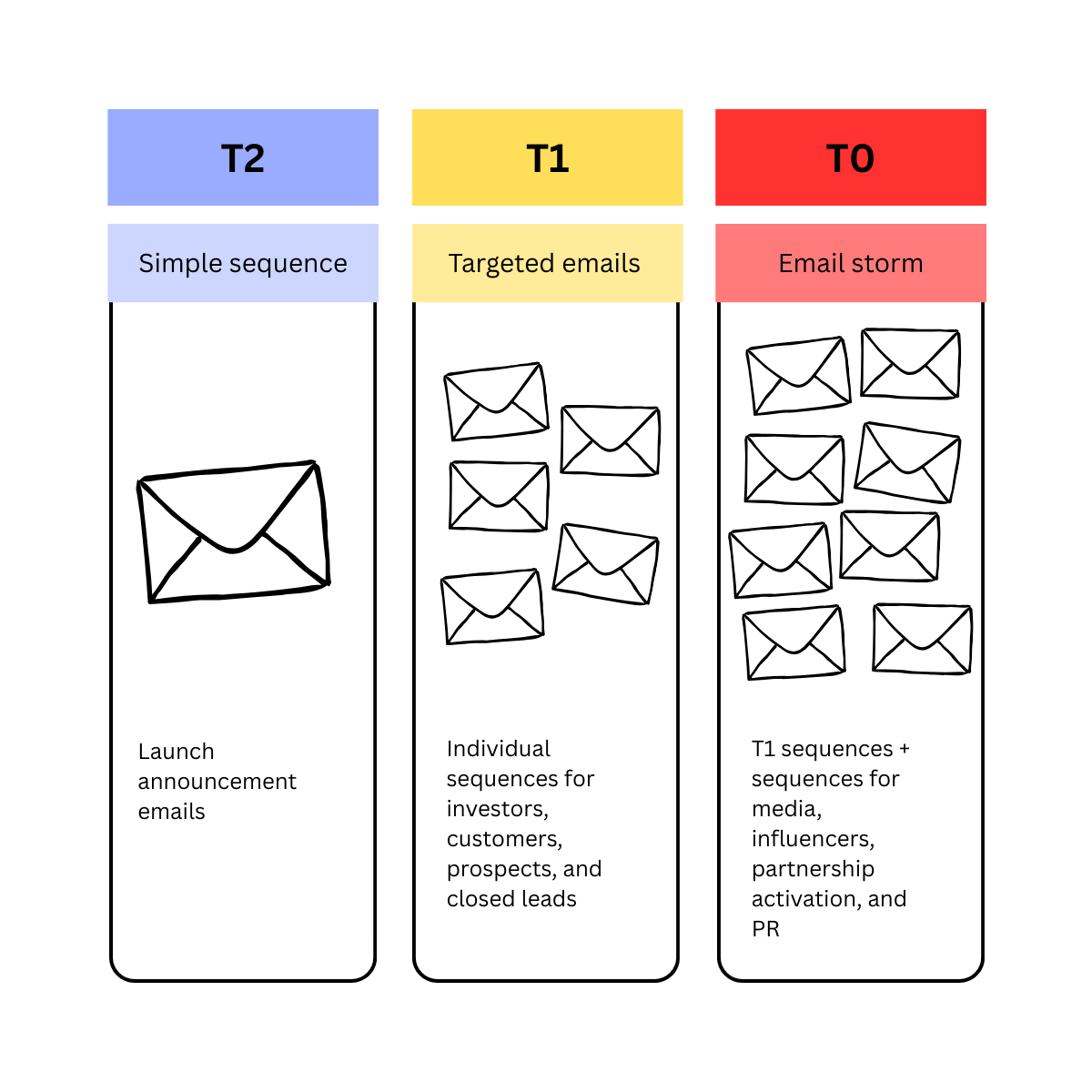
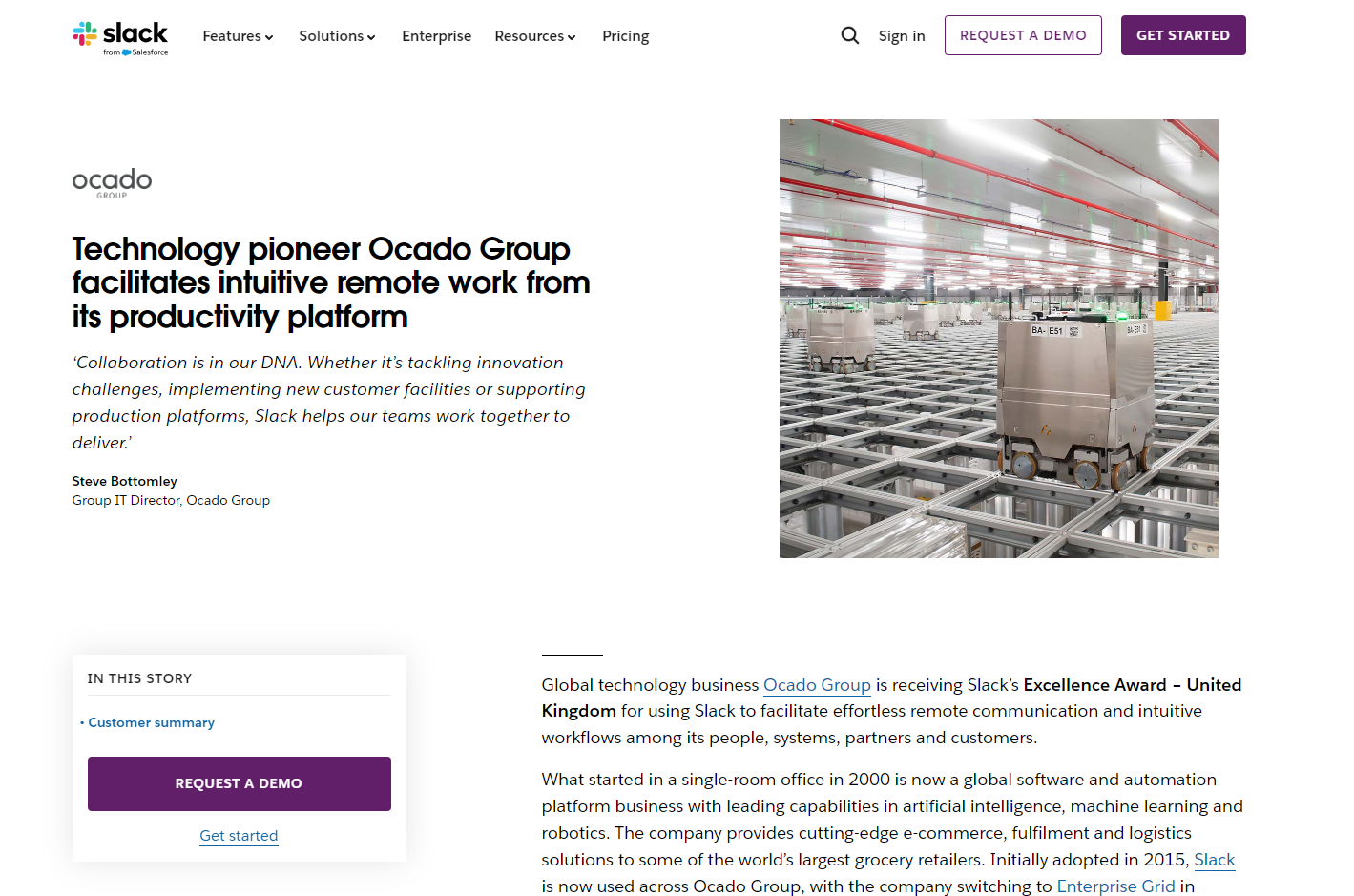
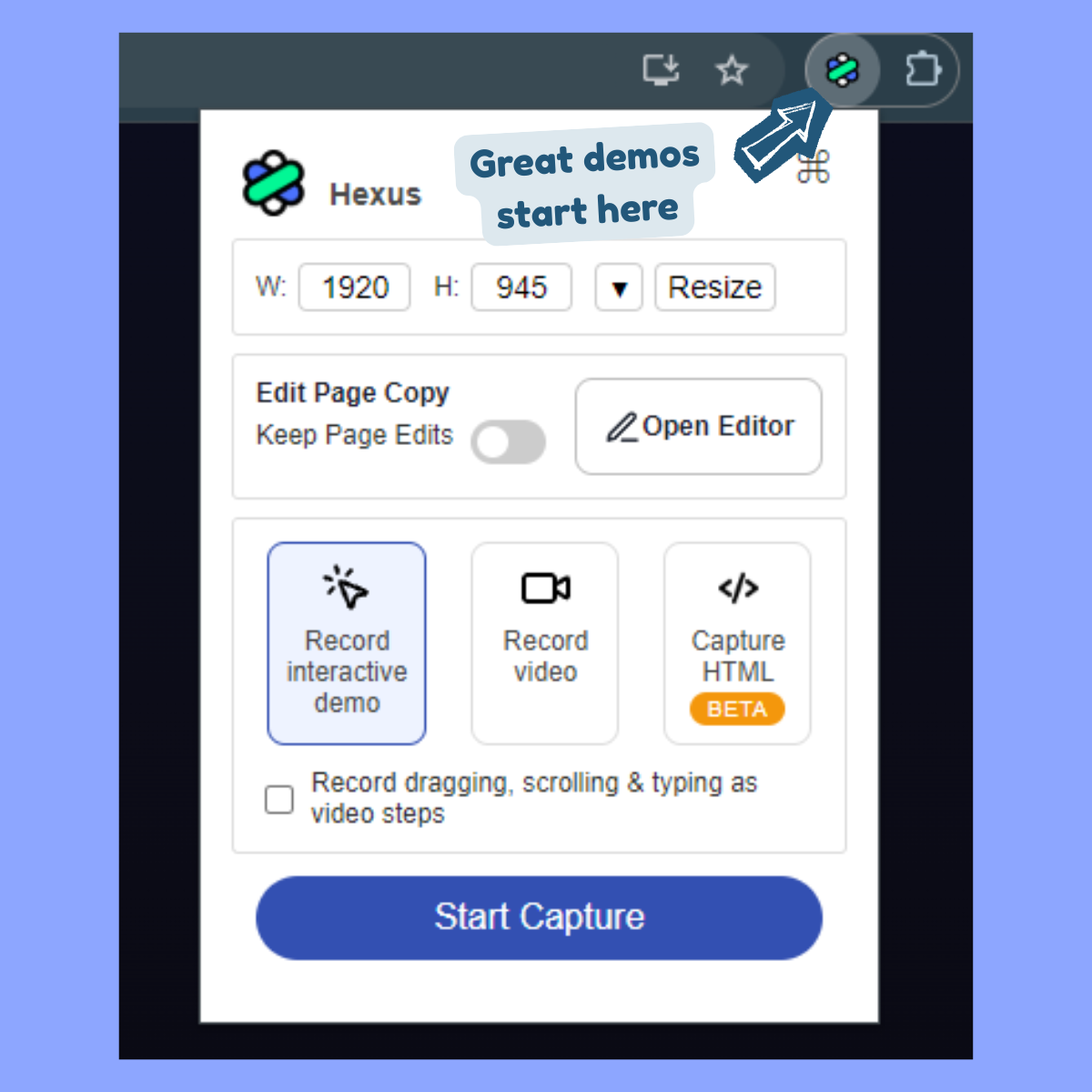

.png)

.png)